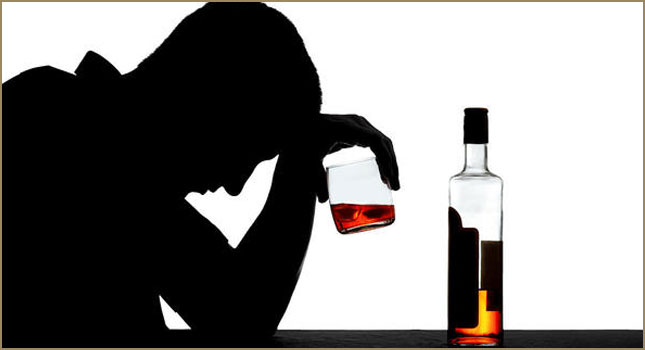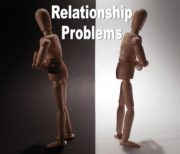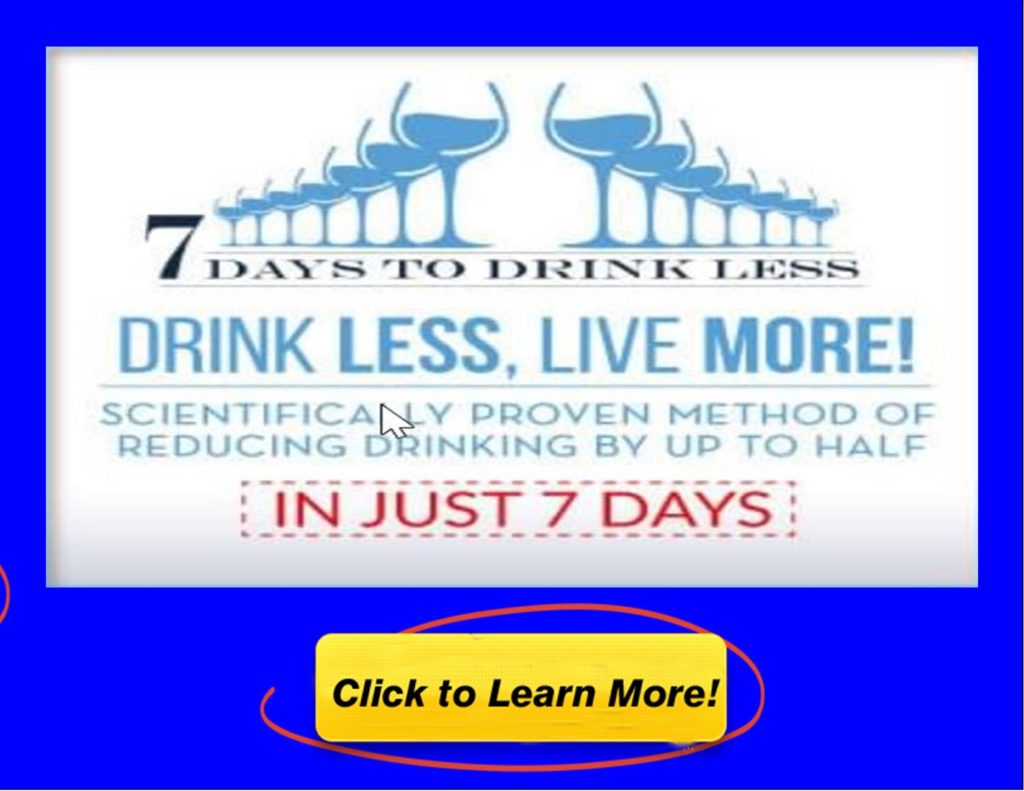Alcoholism is one of the most common addictions in the modern world. The social acceptance of drinking can often lead to denial—and, if left untreated, severe consequences like creating problems in your relationship.
Alcohol addiction, or alcoholism, occurs when the individual has a drive to use alcohol, regardless of the unwanted consequences. Addiction is different from dependence: dependence is a physiological process while addiction is psychological. Though they can occur separately, they usually emerge at the same time.
According to the American Psychiatric Association (APA), alcohol addiction, or alcohol use disorder (AUD), is considered a mental health disorder in which the drug causes lasting changes in the brain’s functioning. These changes make continued use and relapse more likely in the future. Because symptoms can range from mild to severe in intensity, alcoholism can create numerous effects on someone’s mental, physical, social and spiritual health.

Many variables and individual differences increase the risk of alcohol abuse and alcohol addiction. Some of the most prevalent risk factors for alcohol addiction include:
- Binge drinking and heavy drinking
- Drinking before age 15
- Genetics and a family history of alcohol problems
- Co-occurring mental health conditions, like depression, anxiety, personality disorders and schizophrenia
- History of traumatic experiences
Not everyone who abuses alcohol will develop an addiction, but as use continues, the risk grows.
vercoming an addiction to alcohol can be a long and bumpy road. At times, it may even feel impossible. But it’s not. If you’re ready to stop drinking and willing to get the support you need, you can recover from alcoholism and alcohol abuse—no matter how heavy your drinking or how powerless you feel. And you don’t have to wait until you hit rock bottom; you can make a change at any time. Whether you want to quit drinking altogether or cut down to healthier levels, these guidelines can help you get started on the road to recovery today.
Most people with alcohol problems do not decide to make a big change out of the blue or transform their drinking habits overnight. Recovery is usually a more gradual process. In the early stages of change, denial is a huge obstacle. Even after admitting you have a drinking problem, you may make excuses and drag your feet. It’s important to acknowledge your ambivalence about stopping drinking. If you’re not sure if you’re ready to change or you’re struggling with the decision, it can help to think about the costs and benefits of each choice.
To find out how you can control Your Drinking… In Just 7 Days, WATCH THE FREE VIDEO, click here!!!

